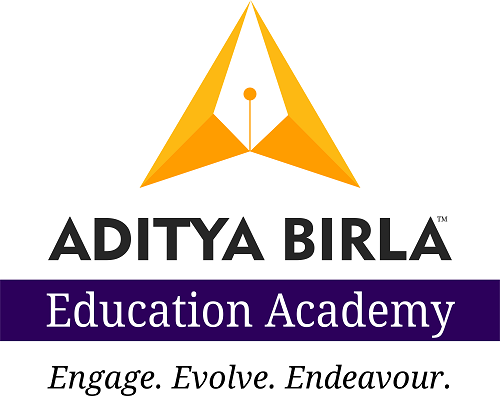INTRODUCTION
For questioning to be effective, every member of the class should have an opportunity to take part. Try:
- Turn-To-Your-Neighbour ? Learners discuss their thinking and answers to a question with a learning neighbour
- Think-Pair-Share ? After a question, learners think individually, then discuss with a partner and then share their thinking with the class
- Snowball ?After discussing in a pair, the pair shares with another pair to make a four, then the four shares to make an eight etc. so the size of the group snow balls.
- Value Line ? After a question, learners take their place on an imaginary line to show their response to the question
- Lollypop sticks ? Learners are chosen at random to answer questions posed by the teacher
- Voting ? After a question, learners vote on a range of answers
- Diamond Nine Ranking ? Learners must rank a range of answers from ?best? to ?worse? to form a diamond shape.
- White Board Answers ? Learners use individual white boards to write down their answers and then show the class or group.
After posing a question, wait AT LEAST 3 seconds before asking for an answer.
TAKE THE ANSWER AROUND THE CLASS.
Make questioning a game of volleyball ? keep the question going as long as is useful - not a game of tennis ? question from teacher, answer from learner etc
WHAT ABOUT ?HANDS UP??
You decide who answers a question and when not the learners. The ?no hands up? rule changes the dynamic of the classroom. It makes it difficult for pupils to switch off from classroom discussions.
COACHING QUESTIONS
Closed questions encourage closed thinking and shallow answers. Coaching questions get students to think for themselves:
- Focus attention - What does this tell us about ??
- Force comparison - What is the same and what is different about ??
- Seek clarification - How can we explain ??
- Stimulate enquiry - What would happen if? What do we need to know ??
- Look for reasons - How can we be sure that? Why do you think that ??
Good questioning is at the heart of good teaching, but the best teachers don?t just ask better questions, they ask questions better.
Image source-freepik







